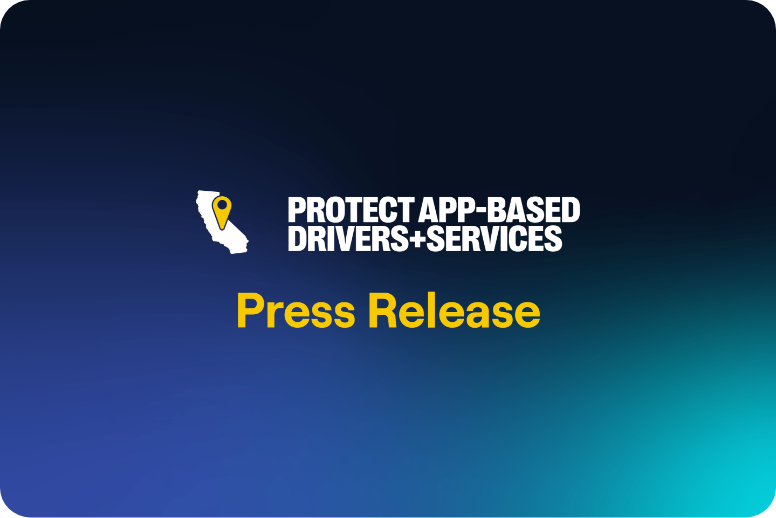By Editorial Board
On Thursday, the California Supreme Court unanimously upheld Proposition 22, the voter-approved ballot measure protecting app-based drivers. The ruling is a victory for worker freedom and the initiative process.
Prop. 22 was overwhelmingly approved by California voters in 2020, with nearly 59% of voters agreeing that companies like Uber and Lyft may continue to offer gig work to drivers who wish to transport riders or deliver goods as independent contractors.
The arrangement worked for years and allowed many Californians looking to supplement their incomes or looking to provide for themselves on a flexible basis to do so.
But then came then-Assemblymember Lorena Gonzalez of San Diego and her infamous Assembly Bill 5. That law, signed by Gov. Gavin Newsom in late 2019, devastated independent contracting throughout California. The law effectively outlawed independent contracting arrangements across vast sectors, from journalism to music to translating.
The true target of AB 5, though, was always the prominent gig economy companies like Uber, Lyft, DoorDash, Instacart and Postmates. Unions, seeing a threat in the growing popularity of the gig economy, sought to crush it.
Fortunately, the gig companies promoted a specifically crafted initiative to protect app-based delivery and transportation work. The one unfortunate matter is that the companies didn’t float a full-on repeal of AB 5.
Even so, the overwhelming approval of Prop. 22 in a high-turnout election demonstrated the fact that ordinary Californians saw great value in the gig economy. After all, many if not most have at some point benefited from the services provided by the companies. That was especially true in 2020, a time when many Californians benefited from delivery services and many others found an opportunity to earn a living during an uncertain period of history.
Of course, Big Labor, used to getting its way in California, couldn’t stomach the will of the people. In 2021, the Service Employees International Union filed a lawsuit challenging Prop. 22 and scored an early legal victory. After an appeals court ruling upheld the initiative, the matter went before the state Supreme Court.
As nearly summarized by the Los Angeles Times, the court “rejected claims brought by a group of drivers and unions that the law is unconstitutional because it interferes with lawmakers’ authority over matters dealing with worker compensation.”
And so, the measure stands.
Read the original editorial in full

The Latest News

Press Releases
Growing Coalition Urges California State Senators: Vote NO on AB 1340
Date: July 8, 2025 Contact: Molly Weedn, (415) 209-4217 [email protected] Thousands of App-Based Drivers, Business [...] Read more
Press Releases
Drivers Urge Lawmakers to Oppose AB 1340
Date: June 27, 2025 Contact: Molly Weedn, (415) 209-4217 [email protected] 1,000 App-Based Drivers Urge Lawmakers [...] Read more
